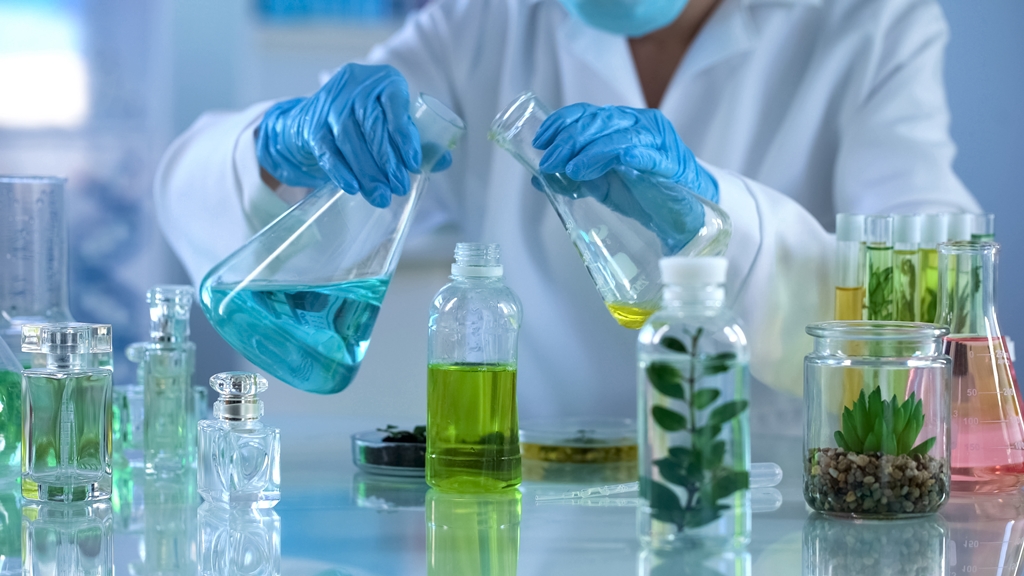The Rainforest Alliance has announced that the Stevia One Perú SAC farm in northern Peru has earned Rainforest Alliance certification, becoming the world’s first stevia farm to earn the distinction.

The Rainforest Alliance has announced that the Stevia One Perú SAC farm in northern Peru has earned Rainforest Alliance certification, becoming the world’s first stevia farm to earn the distinction.
To achieve certification, the farm met the rigorous standards of the Sustainable Agriculture Network (SAN) that conserve natural resources, protect wildlife and ensure the well-being of farm families. This achievement marks a significant milestone and helps transform the industry into a more sustainable model.
"Stevia One Perú SAC sets a shining example and addresses global consumer demand for sustainably produced goods," commented Freddy Peña, regional certification manager of the Rainforest Alliance for South America. "By expanding its reach to cover new crops, the Rainforest Alliance continues its efforts to bring tangible benefits to the lands and lives of farming communities worldwide."
Also known as sweet leaf, stevia is a bush that grows naturally in Peru and other South American countries, where it has been consumed by local communities for centuries. Stevia has become widely popular due to its health benefits, being calorie free and increased awareness about the detrimental effects of zero-calorie sweeteners.
"Stevia has zero calories and is 300 times sweeter than natural sugar," commented Raúl Urbina Ribbeck, CEO of Stevia One Perú SAC. "We are proud to have earned the distinction of the world’s first stevia farm to achieve Rainforest Alliance certification, bringing sustainably produced stevia to the global market."
Located in the forested landscape of Moyobamba Province, San Marín Region, Stevia One Perú SAC includes three farms covering 1,853 acres of land (750 hectares). As part of the certification process, the farm group worked to restore the land through reforestation and improved soil health by investing in irrigation and an organic fertiliser system. The farm also ensures the welfare of its 520 permanent workers and provides salary and wages above the national average.
